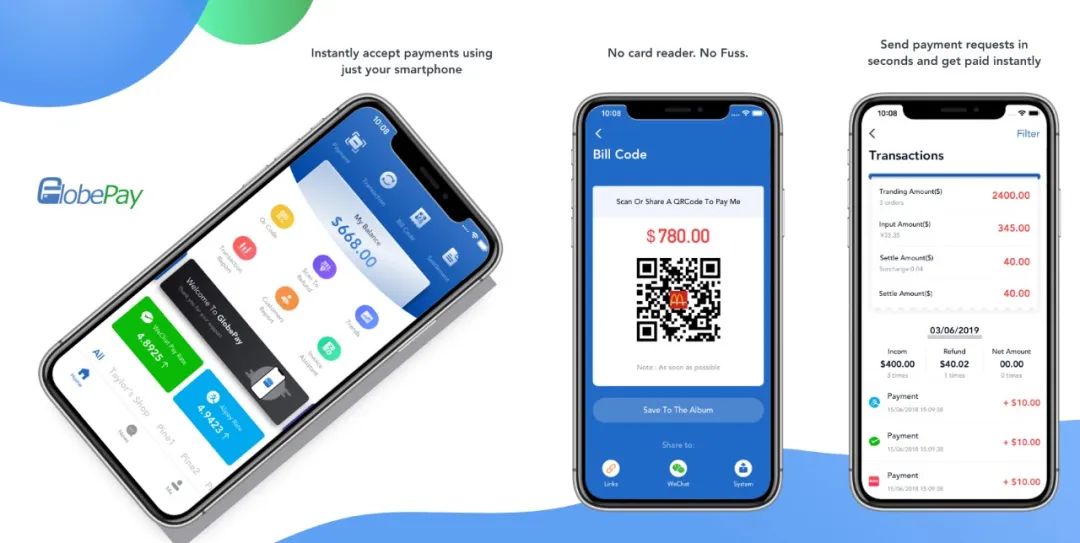Technology has long served as the engine for the global economy and society, especially shaping the industry of cross-border payment. The customers, rather than the providers, define the future trends of cross-border payments. Rapid fintech developments will enable faster, safer and cheaper international payments. What will be the future of the cross-border payment?
The Current Industry
Currently, old technologies such as SWIFT (Society for Worldwide Interbank Financial Telecommunications) still dominate the cross-border industry. As the current industry standard, SWIFT provides a safe and standardised network for international financial institutions to send and receive transaction information. However, SWIFT can only transfer financial messages without actual fund transfer and clearing. In addition, their main disadvantages are the high transaction fees and slow speeds transfers.
Founded in 1998, PayPal uses a digital layer to enable seamless Automated Clearing House (ACH) transfers between bank account. They gradually became the leader of online payments. However, their services are more akin to an electronic equivalent of traditional paper transfer, accelerated by new technology without disrupting the fundamental business logic.
In the past few years, new competitors like Ripple and World Wire have started disrupting the industry with modern technology such as blockchain and cryptocurrency, etc. With the goal of replacing the old SWIFT system, Ripple commits to establishing its own digital asset XRP to provide faster and lower-cost global payments.

The Future of Chinese Cross-border Payments
There’s no doubt that a combination of finance and technology will shape the cross-border industry. Customer needs and wants will be at the forefront. Thus we predict a future of seamless, transparent, quick and low-cost international payments.
In the future, there will be more cross-border payments driven by retail remittances and global e-commerce. According to “Mapping China’s middle class” , the Chinese urban upper middle-class population will more than quadruple from 2012 to 2022. Additionally, their personal consumption is predicted in increase seven-fold. And due to the lower-cost transportation and safer transactions, small-item purchases with high frequency from both big corporates and SMEs will increase.
As a UK-based cross-border provider, Globepay is always dedicated to applying new technologies. We provide quick, safe, transparent and low-cost payment solutions between China and the UK. We are the official partner of Alipay, WeChat Pay and Union Pay. If you would like to know more information, our professional payment and technology teams are always happy to help. Click here to contact us directly.













